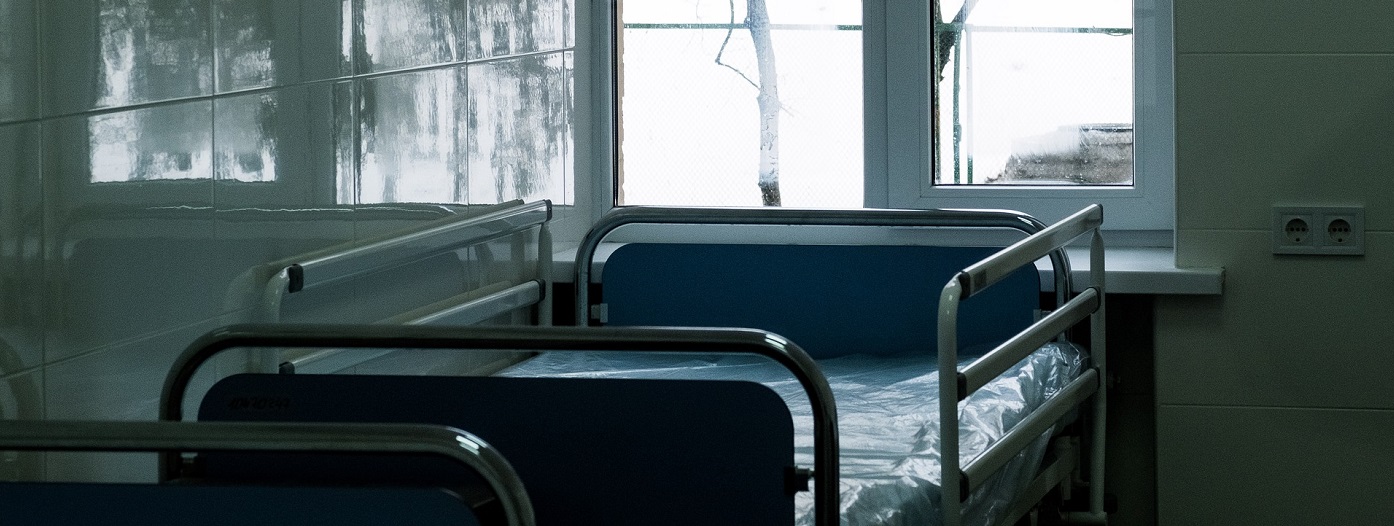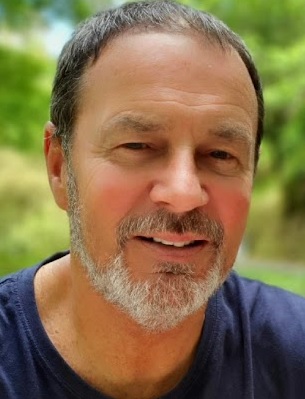
It wasn’t long ago that the idea of people introducing themselves with a “jab” moniker seemed ridiculous. But no longer.
You know, “hey, I’m a two-jab hero”. No, I have one jab but I’ll be a two-jab body next week. Then, sadly, there’s the occasional no-jab person.
Just as it’s dawning on everyone that the community health crisis known as Covid is now unlikely to be contained, the Government is ramping up its efforts for as many people as possible to get the jab. Even the prime minister is getting out to implore people to get it.
I personally found it quite easy to find the advice about why and how to get a couple of jabs, and I have not felt any ill-effects. But best of all, based on ample evidence from overseas, my chances of getting sick from Covid-19 is minimised considerably.
In fact, should I be one of the few to be vaccinated and catch the virus, my chances of dying are far less than for those not vaccinated.
That means, in simple terms, if you are not vaccinated, in an environment where Covid is flowing freely through the veins of the community, you are putting yourself in extreme risk. Not only that, you are an agent for the spread of this deadly virus to others. That might be your children, sisters, brothers, parents and grandparents.
So why is the Government now ramping up its efforts to get people vaccinated? In simple terms, most people are yet to come into contact with the virus. In fact in Ōtaki, we’ve not had one single case – yet.
But with the admission that the Delta variant has escaped the containment lines, the only way to minimise widespread sickness is prevention among the citizens.
If nearly everyone is vaccinated, there will be fewer people suffering, fewer ICU hospital admissions and fewer deaths. While there are too many holding out against vaccinations, the reverse will be the case. Our health and hospital system could collapse and other people might not be able to access things like cancer care, and even our emergency services might fail.
In the last couple of editions of Ōtaki Today, I have beaten the drum in support of vaccinations, and in particular been critical of the role played by hard-core anti-vaxers in this public health crisis. I see these as people who are very unlikely to get a vaccination, whatever evidence is presented to them.
They are also the ones most likely to be spreading the misinformation that is eroding the trust in vaccinations among those who could be convinced either way.
To those untrusting people, I make two points.
First, the evidence and information that vaccinations are safe and will help protect you is ample and easily available – just ask a doctor or check the official Covid website. If you don’t do that, why would you base a decision not to be vaccinated on information from an unsubstantiated source and which has no reliable supporting evidence?
Second, experience from overseas repeatedly exposes hard-core anti-vaxers, who have become seriously sick or on their Covid death-beds, suddenly pleading for the vaccination. No doubt the medical carers take no joy in telling them that it’s now too late and that the consequences are unavoidable.
In the end, each of us will make our own choices. It’s really about who and what we are prepared to trust and believe. But we must know that our choices can also affect many others. If self-interest ultimately leads to a plea for help on a hospital bed, you will know there is no satisfaction in saying, “I told you so”.
The Baltimore Sun on July 31:
As Mindy Greene spent another day in the Covid intensive care unit, listening to the whirring machines that now breathed for her 42-year-old husband, Russ, she opened her phone and tapped out a message.
“We did not get the vaccine,” she wrote on Facebook. “I read all kinds of things about the vaccine and it scared me. So I made the decision and prayed about it and got the impression that we would be OK.”
They were not.
Her husband, the father to their four children, was now hovering between life and death, tentacles of tubes spilling from his body. The patient in the room next to her husband’s had died hours earlier.
That day, July 13, Greene decided to add her voice to an unlikely group of people speaking out in the polarised national debate over vaccination: the remorseful.”
 You can contact Fraser here.
You can contact Fraser here.
Fraser Carson is the founding partner of Wellington-based Flightdec.com. Flightdec’s kaupapa is to challenge the status quo of the internet to give access to more reliable and valuable citizen generated content, and to improve connectivity and collaboration.
Flightdec websites include: KnowThis.nz, Issues.co.nz and Inhub.org.nz.
OTHER POSTS
LATEST POSTS
- The value of bowel screening – a first-hand account
- Carl Lutz – farmer who loved the land, and Fordsons
- The healing powers of kawakawa
- Arthur saw nature ‘with eyes of admiration’
- Ōtaki abuzz with film festival - Ōtaki Today
- Hall helps to connect and build community
- Fear breeding fear, fear and more fear
- Plenty of help organisations in times of need
- Poor official communications fuel misinformation
- Cultural infrastructure could be our saviour
- Four-storey blocks coming as developments fast-tracked
- The world’s therapist offers little hope for global ills
- Modern conservatism the quiet killer
- Di’s QSM for services to community and environment
- However bad it might get, keep smiling
- AI is coming, ready or not
- Rewi’s story one of adversity in old Ōtaki
- Arise King Brown of the Kingdom of Auckland
- Rebuilding should draw on mātauranga
- Urban designer poses critical question - What’s the plan for Ōtaki?
